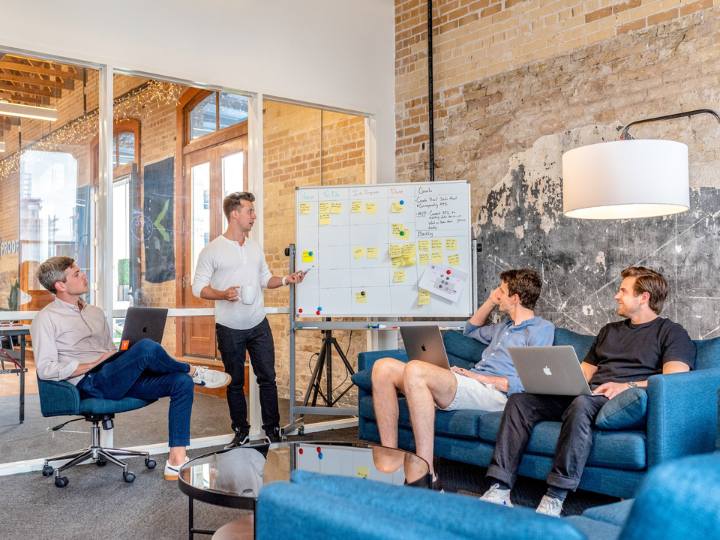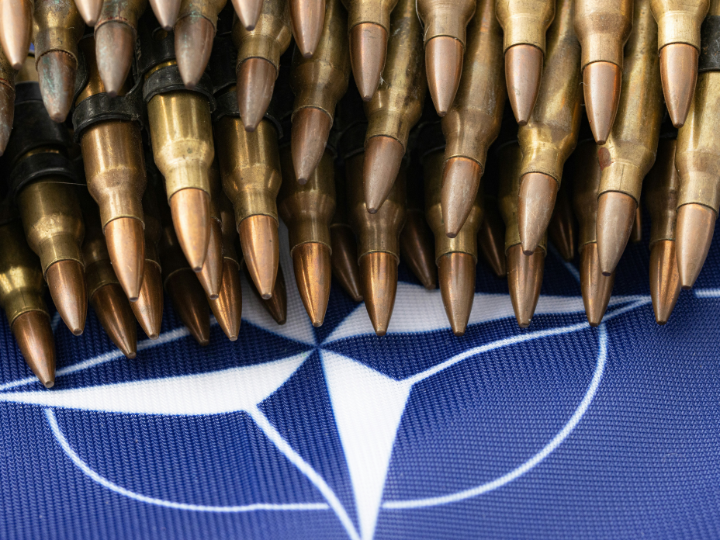by Geoffrey See, Ashlin Perumall and Assel Zhanassova*
Decentralized Autonomous Organizations (DAOs) are a new kind of organizational structure that run as code on blockchains. They’re owned and run by members who normally hold tokens that provide decision-making rights and/or economic rights in the organization.
The number of participants in DAOs grew in 2021 from 13,000 to 1.7 million people around the world and DAOs are increasingly a hot button issue. With questions concerning accountability, how the emerging web3 space should be governed, and how DAOs can be used as a vehicle for entrepreneurship in the digital space, it is worth considering their growing importance.
DAOs allow members from anywhere in the world to pool capital and code rules for how they would allocate the capital. Governance is meant to be automated by code and de-centralized (in other words, no one can tamper with the rules). For now, most of this remains theoretical as governance smart contract technology remains rudimentary.
Why are DAOs on the digital agenda?
Crypto wealth rose 10-fold from $200 billion in 2019 to $2.4 trillion by mid-2021. Investor interest in the web3 space peaked in early 2022 with the launch of multi-billion-dollar debut funds like Haun Ventures. Investors in web3 are increasingly willing to invest in tokens over equity. With larger cheque sizes, governance matters even more. Entrepreneurs are following the money by building themselves up as DAOs. Investors are also setting up funds as DAOs, with some notable ones including Orange DAO, VC3DAO and BessemerDAO.
DAOs promise new forms of organization structures and collaboration in the digital and global space. As significant digital value is created, through non-fungible tokens or the metaverse, DAOs could be the native entity for value creation in cyberspace. Many blockchain protocols are built as global collaborations across borders. DAOs are supposed to enable trustless and decentralized collaborations by coding governance rules.
Why should we care about DAOs?
DAOs are the natural economic entity of web3. Decentralized finance (or ‘DeFi’) protocols are almost always governed by some form of DAO. At Poko, for instance, hundreds of builders are looking to create DAOs from around the world. These include micro-fund managers, inventors and entrepreneurs who are building companies to tap into the growing web3 ecosystems.
Entrepreneurs are using DAOs to fundraise globally and hand over ownership to their communities. Axie Infinity, in Vietnam, launched a blockchain-based game that reached a multi-billion coin cap by engaging communities from around the world. We are also working with the Astana International Financial Center in Kazakhstan, which has a national crypto strategy, to innovate in setting up a world’s first investment DAO incorporation framework.
DAOs’ significant adoption challenges
Instead of issuing traditional equity, DAOs typically issue tokens. In practice, many token holders and token issuers expect governance rights or economic returns from tokens. However, there is often no actual legal relationship between token holders and DAOs. This puts token holders at risk.
There is concern over the legal form of a DAO. In DAOs, there are often no formal corporate structures with no explicit terms for liability protection or clear distinction between different roles of participants. Holders of governance tokens, instead, are enabled to suggest actions for the DAO to take and vote on these actions. Without clarity on the legal form of DAOs, it remains unclear what the nature of their member-liability is, thereby creating significant risks for members.
DAOs still require intermediaries to carry out actions voted on. If the treasury of a DAO is made up of on-chain assets in a digital wallet (like cryptocurrencies), coding of the actions into automated smart contracts could bypass the need for executive representatives completely. For example, DeFi DAO treasuries are often controlled by individuals who have to take the necessary steps to implement DAO actions voted on.
There is a lack of clarity on individual liability of DAO members, particularly if they choose to ignore the instructions of passed proposals. This creates a limitation of spaces DAOs can operate in outside of on-chain environments. Questions remain as to what bridges to off-chain assets need to be developed.
In most countries, DAOs cannot file taxes the same way traditional business entities can or benefit from tax refunds associated with such entities. It is not yet clear if DAOs will be taxed as distinct corporations or as pass-through vehicles. In many jurisdictions, this means that DAO membership could be a direct tax liability for individuals investing in DAOs.
Building the right regulatory framework
Although DAOs’ legal recognition remains scarce, some jurisdictions have chosen to introduce laws to close the gap. In 2021, Wyoming became the first US state to legally recognize DAOs and grant them the same legal rights as limited liability companies. A similar recognition took place in the Marshall Islands. Elsewhere, oftentimes, DAOs operate without a clear legal framework. In Delaware, for example, a traditional Delaware-based LLC is often created to hold assets and act as a beneficiary of funds.
Technology has outpaced regulation in this space. The current approach is to try fit DAOs into a company registration framework that was built for a pen and paper era. The need to build a regulatory framework around this technology is urgent. This requires private-public partnerships among technologists, regulators, and entrepreneurs. The future of digital entrepreneurship is at stake.
*CEO and Co-Founder, Poko.Fund and Partner, Baker McKenzie and Vice-Minister, Ministry of Trade and Integration of Kazakhstan
**first published in: www.weforum.org




 By: N. Peter Kramer
By: N. Peter Kramer
